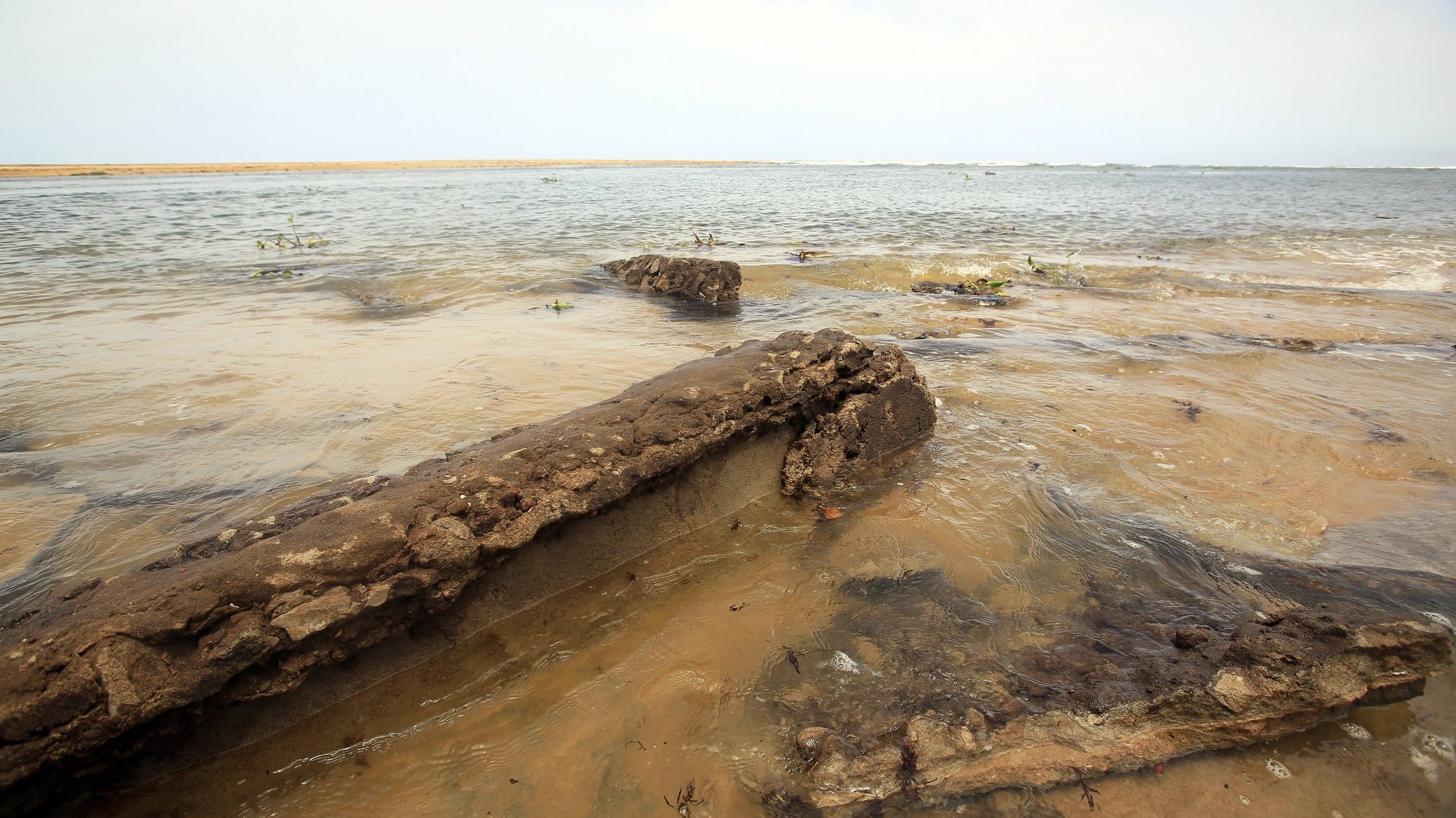The Gulf of Guinea has been a hotspot for maritime crime, recording a third of all piracy attacks. This type of crime has an impact on economic development and on Sao Tome and Principe.
The United Nations and the European Union expressed their concern in Sao Tome about the increase in maritime crime in the Gulf of Guinea, which in 2020 recorded “a third of the world’s piracy attacks and more than 95% of maritime hijackings.”
“The Gulf of Guinea has become a major center for maritime crime and the growing insecurity in the Gulf is negatively affecting maritime trade and representing a growing threat to coastal communities and the international community“, stressed the resident coordinator of the United Nations in Sao Tome and Principe, Eric Overvest.
The UN representative added that this insecurity caused by maritime crime “has a considerable impact on stability and economic development, and has direct and indirect consequences on navigation, trade, the security of coastal States, the economy and environment”.
Within the framework of the Support Program for the Maritime Security Strategy in Central Africa (Passmar) financed by the European Union for 10 million euros between 2020 and 2023, the United Nations Office on Drugs and Crime (UNODC) is supporting Sao Tome and Principe in revising the penal code and criminal procedure for a better framework for maritime crimes, training for police, magistrates and the Sao Tome coast guard army on evidence collection techniques having started on Tuesday sea crime scientist.
Portugal joins the EU to condemn Equatorial Guinea for the death of an opponent
According to the resident coordinator of the United Nations, UNODC analyzed the legal framework for the fight against maritime crime in Sao Tome and Principe, which “revealed the legal gaps and deficiencies that compromise the effective repression of maritime crime, particularly piracy ” and “highlighted the urgent need for the country to equip itself with coherent and effective legal measures to curb piracy, as well as all infractions that affect maritime security.”
“In 2020, one third of the world’s piracy attacks and more than 95% of recorded maritime hijackings took place in the Gulf of Guinea, with reference to 375 illegal acts at sea in this area, which is also a registration point for international maritime trade. The Gulf of Guinea is one of the most dangerous areas in the world and the threat of piracy causes financial losses of more than 1.9 billion dollars a year according to the United Nations,” said the EU ambassador to Gabon and Sao Tome and Principe, Rosary beads. Bento Country.
The representative of the European Union, who spoke online, stressed that the objective of the European Union and its Member States “is that maritime and fluvial spaces become safe spaces where economic development and the well-being of the populations are possible.” . especially the most vulnerable, it is a reality”.
Rosário Bento Pais added that “the Passmar program will end very soon”, but it will be replaced by the “Security for Africa Program with a budget currently estimated at 30 million euros for four years”, which will cover the entire Gulf of Guinea, from Senegal to Angola, “and will pursue Passmar’s objectives in terms of capacity building to prevent, respond to and investigate acts of piracy and maritime crime.”
The Minister of Defense and Interior Administration of São Tomé, Jorge Amado, stressed that “the great territorial discontinuity of the islands” of the archipelago and the importance of the sea given “the great extension of its exclusive economic zone and the consequent resource existing in it, calls for the need to proceed with the surveillance and protection of the entire maritime space in permanent consultation and coordination with all the partners and actors interested in the Gulf of Guinea”.
Source: Observadora
